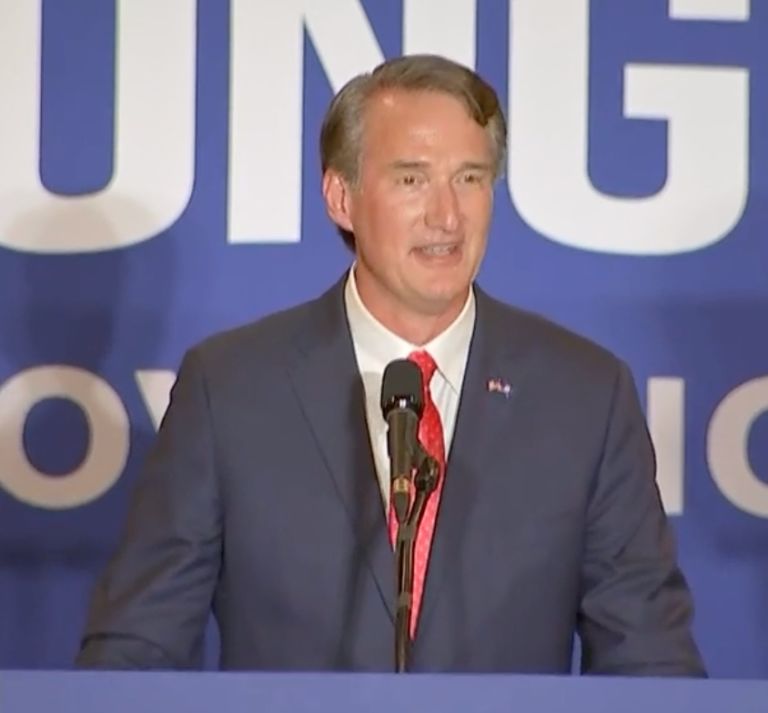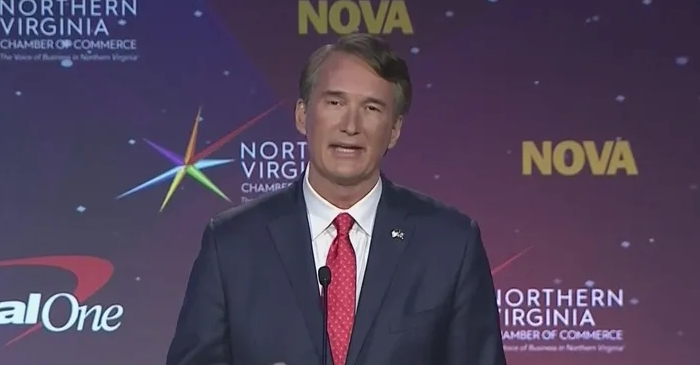Frederick Hess of the American Enterprise Institute explains how Virginia Gov. Glenn Youngkin is setting a good example for fellow Republicans.
The public wins when Democrats and Republicans are both offering principled solutions to pressing challenges. That’s too rarely been the case when it comes to early childhood education. For a public seeking more accessible, appealing, and affordable options, the political response has disappointed. Democrats have offered expensive, heavily regulated plans to jam more four- and five-year-olds into K–12 school buildings. And Republicans have countered with slightly cheaper, slightly less heavy-handed versions of the same . . . or nothing at all. …
… That’s why last week’s announcement by Virginia governor Glenn Youngkin was so notable. Youngkin has sketched a practical, flexible approach to early childhood, one that shows a distinctly conservative sensibility but seems likely to appeal across the ideological spectrum. Youngkin had to act because his predecessor used $794 million in federal pandemic aid to fund expanded early childhood offerings, and those dollars are about to run out. Virginia officials report that more than 80% of families used private providers—like parochial or home-based care—rather than the state’s public preschool program (which only operates from 9 a.m. to 1 p.m. and on school days). Now, absent new funds, 27,000 children risk losing access to care. …
… It would ensure that families will continue to have their choice of providers, expanding parent’s options by boosting state child care spending to $448 million per annum (a boost of more than $200 million). Those funds would all flow to provide choice-based funding for working, high-needs families, rather than to public school pre-K offerings. It’s a very clear alternative to the de Blasio model.
To facilitate choice, the state would develop and offer early childhood digital wallets to parents with children five or younger. Building off the K–12 digital wallets rolled out this spring as part of Virginia’s tutoring program, the goal would be a one-stop wallet that streamlines paying for programs by combining state funds, municipal subsidies, employer contributions, and philanthropic support.

